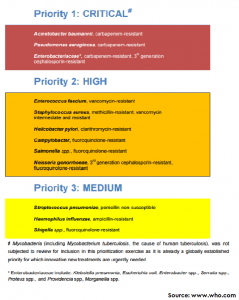Escherichia coli (E. coli) is a bacterium that inhabits and colonize the guts of human beings and animals. Particular strains of this bacterium called ‘Shiga toxin-producing strains of E. coli’ (STECs) cause infections in humans due to the intake of food which is not cooked, partially cooked or contaminated with the bacteria.
In North Western Province of Sri Lanka, a research was conducted to understand the extent of presence of E coli in chicken meat and meat organs sold commercially. The researchers collected 250 samples of chicken meat (144 samples) and meat organs (106 samples) from supermarkets and other retail shops from two districts (Puttlam and Kurunegala). They found that around 67% of the samples of chicken meat and meat organs was contaminated with E. coli without much difference in the source of samples (retail shop or supermarket). While 66% of chicken meat was found to have presence of the bacterium, 69% of edible meat organs was found to have the same.
Using primers designed previously polymerase chain reaction (PCR) test was conducted and molecular confirmation was done. The antibiotic susceptibility of organism found in samples was examined according to the CLSI and it was found that most of the sample organisms were resistant to two antibiotics- amoxicillin (76%) and erythromycin (81%).
Thus, this research is indicative of the possible risk to public health related to poultry meat which is sold in shops and supermarkets in Sri Lanka.
To read more, please visit the website of the journal- ‘Journal of Food Quality’ (Link).







